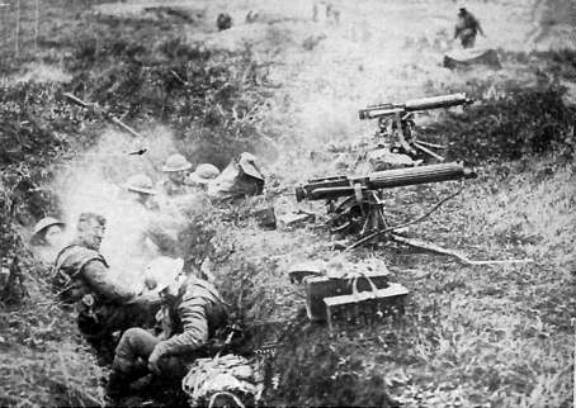20 million people lost their lives in the First World War, while a whole generation of young soldiers of Europe perished in the terrible massacre which lasted four years. But there were not just lost lives but also three empires were destroyed in Europe – the German empire, the Austro-Hungarian empire and the Russian empire, together with the collapse of the Ottoman rule.
Before the war broke out, the global balance of power in the world was actually located in Europe, followed by the United States of America and Japan as the next two big powers. Another impact the war had on the world included the break out of the Bolshevik Revolution in 1917, while it also prepared the world for fascism.
As the war broke out in 1914, the German Chancellor at the time, Theobald von Bethmann-Hollweg was interviewed regarding what caused the war to break out. His only answer was: “Oh, if I only knew!” Perhaps he just thought there was no way this war could have been avoided at that time. At the same time and on the other side, the British Foreign Minister, Sir Edward Grey believed the war was unstoppable and that no human being could have possibly prevented it, the Cyprus Mail reports.
Margaret MacMillan, whose book has recently been released and is entitled “The War that Ended Peace”, insists that the current relationship between China and the United States is very similar to that between Germany and Britain 100 years ago. “The most troubling similarity between 1914 and now is complacency,” said The Economist, while some other political scientists such as John Mearsheimer of the University of Chicago, bring in new debatable ideas, which seem to spark a lot of controversy. “To put it bluntly: China cannot rise peacefully,” said John.
However, it is now highly believed that the First World War could have been avoided and that the most probable reason for its break out was the rise to power of Germany, which was obviously hard to take by the people of Great Britain, who feared for themselves and for their country.
Another sensitive reaction might have come from Germany, as a response to Russia’s rising power. Never mind the past, it looks like the tensions between the United States and China today are higher and more feared than those between Germany and Great Britain in 1914.
“There was a strange temper in the air. Unsatisfied by material prosperity, the nations turned fiercely toward strife, internal or external,” as Winston Churchill wrote in The World Crisis.
